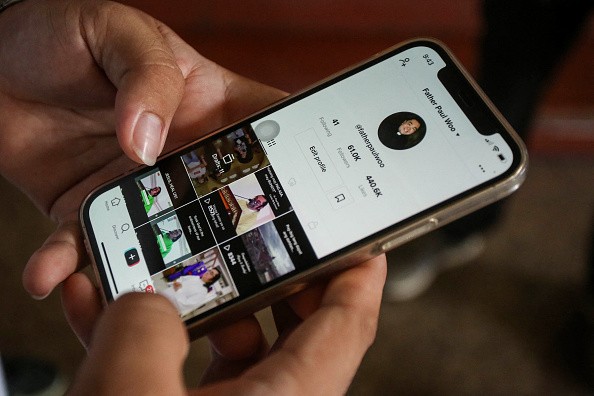TikTok could be a national security threat, as claimed by FBI Director Christopher Wray.

He shared his concerns regarding the social media platform during the House Homeland Security Committee hearing on Tuesday, Nov. 15.
The conference's discussions focused on worldwide threats. Wray specifically talked about how the Chinese government could use TikTok to control the devices in the U.S.
TikTok a National Security Threat?
According to USA Today's latest report, Christopher was concerned regarding the possibility of TikTok's collected user data becoming weaponized.

He explained that the APIs (application programming interfaces), which ByteDance embeds, could be used by Beijing to control data collection.
Wray stated that the APIs on short-form video hosting could allow the Chinese government to control the recommendation algorithm on the platform.
Once this happens, it could allow Beijing to conduct influence operations.
"China's fast-hacking program is the world's largest, and they have stolen more of Americans' personal and business data than every other nation combined," said the FBI director.
TikTok Addressing US' Concerns
TechCrunch reported that TikTok is working on a new project to address the concerns of the U.S. government regarding potential security risks.
The new "Project Texas" is expected to bolster the data security of users in the United States.
TikTok CEO Shou Zi Chew said that the main goal of their new program is to improve the platform's controls and systems.
He added that Project Texas could build trust with major stakeholders, as well as their users. If you want to learn more about this new TikTok project, you can visit this link.
Aside from security risks, TikTok also concerns experts and regular users in different ways.
Previously, experts said that the TikTok self-diagnosing habit could be dangerous.
Rumors about the secret roll-out of TikTok social credit score also concerned enthusiasts.
For more news updates about TikTok and other social media platforms, keep your tabs open here at TechTimes.
This article is owned by TechTimes
Written by Griffin Davis
ⓒ 2025 TECHTIMES.com All rights reserved. Do not reproduce without permission.




